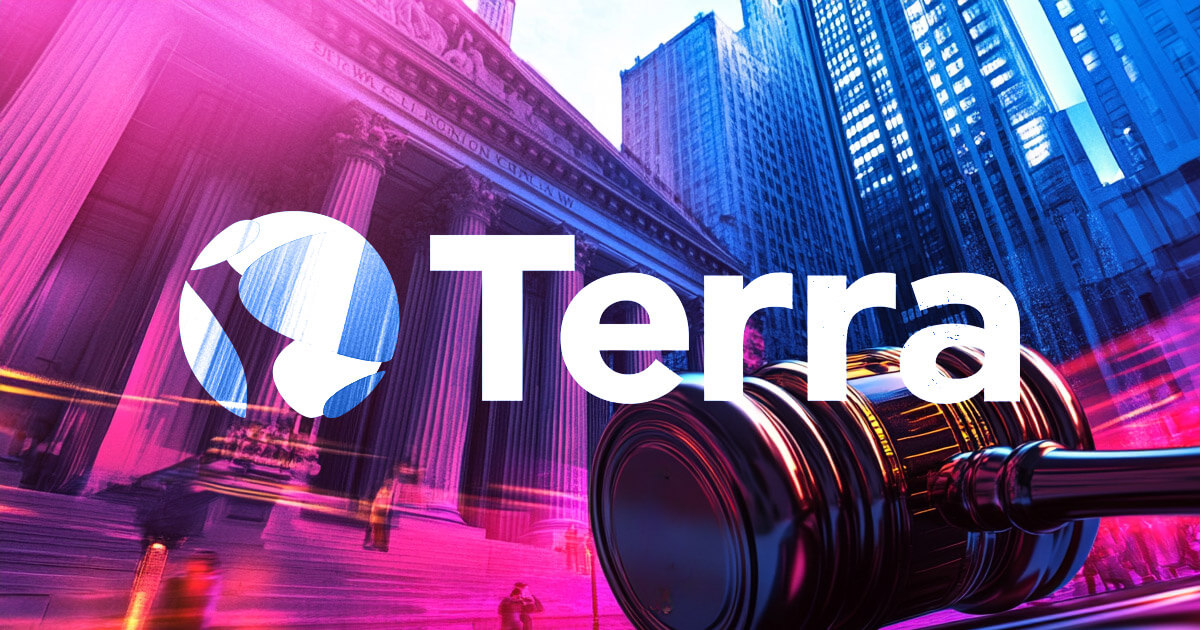Jump Crypto, a Chicago-based investment firm, has recently contributed an additional $10 million to a U.S. political action committee (PAC) that aims to elect pro-crypto members to Congress in pursuit of favorable legislation for the industry. With this latest donation, the total contribution from Jump Crypto amounts to $15 million.
Unity in the Crypto and Blockchain Communities
As reported by spokesman Josh Vlasto, the funds have bolstered Fairshake and its affiliated PACs to amass nearly $169 million, positioning them among the most formidable campaign finance operations in the 2024 elections.
The super PACs have been heavily investing in primaries, with significant ad spending that has advanced many of their preferred candidates towards likely general-election victories in November. Vlasto highlighted the unity within the crypto and blockchain communities, which have formed a sustainable bipartisan coalition.
He emphasized the coalition’s long-term commitment to supporting candidates who will collaborate with the industry to enact responsible regulation that fosters innovation, job creation, and sustains America’s leadership globally.
Despite the substantial financial backing, a spokeswoman for Jump declined to comment on the contribution. Recent developments indicate that Jump Crypto’s donation is part of a broader industry trend, with significant firms like Coinbase Inc., Ripple, and Andreessen Horowitz each making matching $25-million follow-up donations.
These contributions have significantly bolstered the financial capabilities of Fairshake and its associated PACs, namely Defend American Jobs and Protect Progress, which reported holding $109 million as of the latest filing with the Federal Election Commission on May 31.
With the election less than five months away, the PAC has clarified its focus on supporting proven congressional incumbents and candidates friendly to crypto, without extending support to presidential contenders.
This strategy comes at a time when Congress’s stance on crypto is becoming clearer. Both the House and Senate have recently voted on measures related to digital assets, providing a new way to assess lawmakers’ positions.
Legislative Developments
In legislative developments, the House passed the Financial Innovation and Technology for the 21st Century Act (FIT21) in May, marking the first extensive crypto oversight legislation to clear any congressional chamber.
Although its future in the Senate remains uncertain, the industry gained immediate insight into which members support crypto regulations.
Another significant congressional action was the vote to overturn a contentious Securities and Exchange Commission crypto account policy, Staff Accounting Bulletin No. 121 (SAB 121), which was ultimately vetoed by President Joe Biden.
This vote revealed bipartisan support that defied the SEC and White House preferences, including 11 Senate Democrats who sided with Republicans.
These legislative activities have prompted a stronger than expected support from Democrats, information that is being used to evaluate lawmakers’ positions on cryptocurrency.

Stand With Crypto, an advocacy group initiated by Coinbase, has established a grading system for politicians based on their voting records on crypto-related issues.
For example, Senator Mark Warner (D-Va.) received a “D” grade for voting against the SAB 121 resolution, while Senator Chuck Grassley (R-Iowa) earned a “B” for his supportive vote.
Stand With Crypto has also engaged over a million Americans to advocate for crypto-friendly policies in Washington, D.C. According to the PAC, 52 million Americans hold some form of cryptocurrency, and a vast majority believe that the current financial system requires an overhaul.
The group also claims that 45% of surveyed Americans would not support a candidate who opposes cryptocurrency, underscoring the growing influence of crypto policy in electoral politics.
Credit: Source link















































